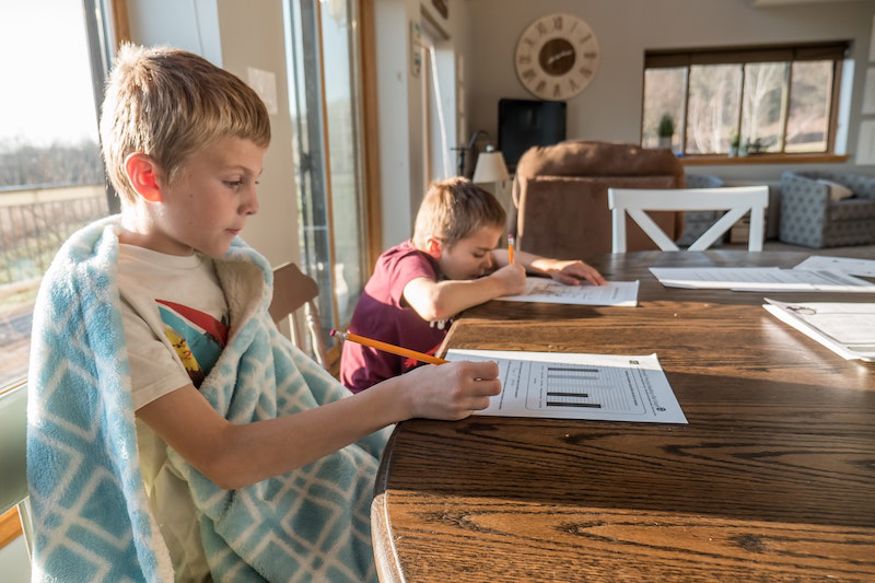Enrol in an online course today for flexible, self-paced learning—no fixed schedule required. Plus, enjoy lifetime access to course materials for convenient revisiting.
Family Life During the Pandemic (3/5): Enforced Togetherness

Families as systems are defined by the boundaries around them that identify who is family and who is not, and by the way members of the family system interact with the outside world.
Government guidelines currently talk of ‘households’ rather than families. Often this is identical with the inner family, predominantly consisting of two generations. Under normal circumstances and in well-functioning families, the boundaries around these households would allow their members to have flexible contact with other non-family systems: children would go to school and play with friends, parents would be at work and socialise, thereby creating the right balance between togetherness and giving each other space.
Now, during the pandemic, the outer boundaries are tightened and family households are put into a lockdown that we normally only see in severely paranoid family systems. The current situation creates a pressure cooker of uninterrupted togetherness. This may well present a bigger challenge for some family members than others, teenagers with their need for peer contact being particularly affected. Not all members of the family group may understand what is happening and why. This goes particularly for younger children, but we hear increasingly that it is elderly relatives who may not understand, or be prepared to understand. People in the middle generation, often parents or adults in parental roles, will have an enormous practical and emotional task in managing this situation, including their own needs.
As therapists, our first task is to help clients to understand that such pressure situations are likely to expose pre-existing fault lines. Often the flashpoints are not new ones. We can help our clients to identify risks in advance, and put behaviour and feelings into a context that is specific to this particular family and its particular history. In general, people will behave according to a script that has been established for a while.
Our teenagers, for example, may still wish to challenge rules, which is after all age-appropriate. A partner or child who was clingy before may now be even more in need of reassurance. A controlling family member is likely to become more so under pressure. A family member who finds it hard to control their anger or anxiety may now be even less able to regulate their emotions.
We can prepare our clients to anticipate dissonance and conflict around those fault lines and we should, up to a point, normalise this. Conflict does not equal failure. Having to be together does not mean experiencing things the same way. There is no point in adding to the pressure by expecting ourselves to be positive and coping well all of the time. The more family members know about each others’ vulnerable points and are prepared for problems to arise along those lines, the more they can prepare and potentially keep reactions in proportion.
There are of course strategies to deal with these challenges in a functional rather than dysfunctional way, which will be the subject of next Friday’s blog.

















